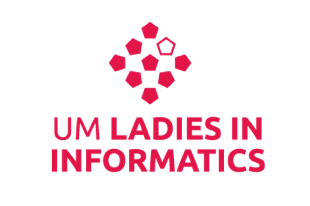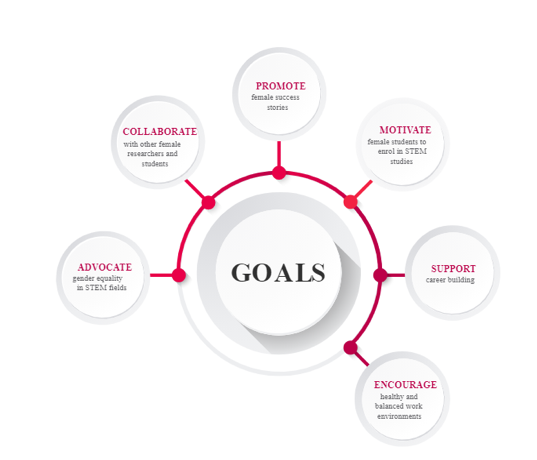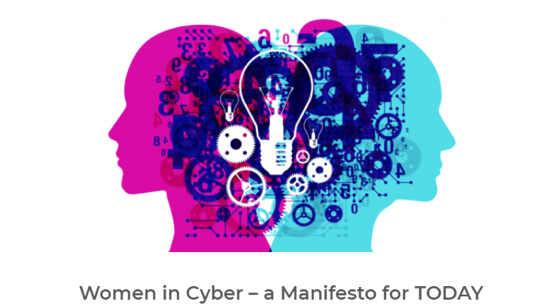Women in Science, ICT and Cybersecurity
In 2015, 17 goals were adopted by the United Nations (UN) member states as a part of the 2030 Agenda for Sustainable Development Goals (SDGs) to cover the 15-year plan. Achieving gender equality and empower all women and girls is goal number 5 in the beforementioned agenda.[1] Over the past 15 years, the world community has worked hard to inspire and involve women and girls in science. Nevertheless, worldwide, women and girls are still underrepresented.[2]
Currently, less than 30% of researchers all around the world are women. According to UNESCO, for the period between 2014 and 2016, only about 30% of all female students in higher education decide to study STEM-related fields. Globally, numbers are particularly low in ICT (3%), science, math, and statistics (5%) and engineering, manufacturing, and construction (8%).
Long-standing gender stereotypes drive girls and women away from STEM fields. Similar is in the Cybersecurity field. Despite increased interest, the gender gap persists. It is important for the future of cybersecurity to attract, retain and promote more cyber professionals, especially more women. For this, sharing successful women stories is of great importance for inspiring other women and girls who would like to pursue a professional career in cybersecurity.
The workshop organized in September 2019 by CONCORDIA Women in Science was a case of sharing stories between CONCORDIA Women in Cyber on one side and girls and young women who are just entering the cybersecurity world and study on the other side. We built the story of achieving goals in the rise and increasing awareness of cybersecurity culture and its multidisciplinary nature and finally promote a career in cybersecurity in a combination of family life. This lead to the publishment of the CONCORDIA Manifesto for Today.[5]
Manifesto for TODAY, developed within CONCORDIA Women in Cyber, also encouraged the Institute of Informatics, Faculty of Electrical Engineering and Computer Science at the University of Maribor, Slovenia, to found an initiative called Ladies in informatics[6] with a goal of uniting female scientists with related research interests.
 |
 |
Like in other countries, there is only about one-fifth of female engineering students in undergraduate studies in Slovenia. It is important to encourage young girls to enter engineering studies and guide them within their studies to develop equal opportunities no matter what their gender is.
Our responsibility for future generations is that they should have the possibility to become technology leaders and active participants of the digital world regardless of gender, race, background, or preference. By this, women and girls in ICTs should have the possibility to create a meaningful shift in the gender gap and focus on the amazing career opportunities available to them in this exciting industry, including cybersecurity. Supporting the education of women and girls in the ICTs[3,4] and organizing events to promote Women in Engineering[7,8] is in line with the United Nations (UN) Sustainable Development Goals (SDGs), in particular SDG 5, presented at the begin of this blog, which is to achieve gender equality and empower all women and girls.
As United Nations (UN) Secretary General António Guterres said:
“Gender equality is a human rights issue, but it is also in all our interests: men and boys, women and girls. Gender inequality and discrimination against women harms us all. There is overwhelming evidence that investing in women is the most effective way to lift communities, companies, and countries. Women’s participation makes peace agreements stronger, societies more resilient and economies more vigorous… Gender equality is the unfinished business of our time.”
References:
- https://www.un.org/sustainabledevelopment/gender-equality/
- https://www.un.org/en/observances/women-and-girls-in-science-day
- https://www.itu.int/en/ITU-D/Digital-Inclusion/Women-and-Girls/Girls-in-ICT-Portal/Pages/Portal.aspx
- https://www.itu.int/en/ITU-D/Digital-Inclusion/Women-and-Girls/Girls-in-ICT-Portal/Pages/GirlsInICTDay/2021/GICT-2021.aspx
- https://www.concordia-h2020.eu/workshops/women-in-cyber/
- https://ladiesininformatics.um.si/
- https://www.awarenessdays.com/awareness-days-calendar/international-women-in-engineering-day-2021/
- http://www.inwed.org.uk/
(By Tatjana Welzer and Lili Nemec Zlatolas, University of Maribor, Slovenia)


